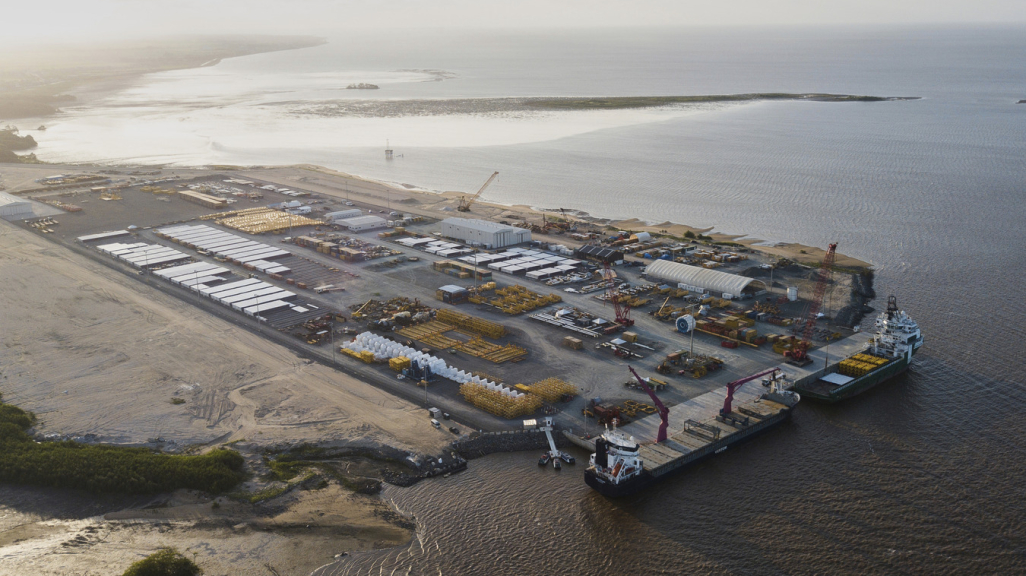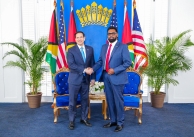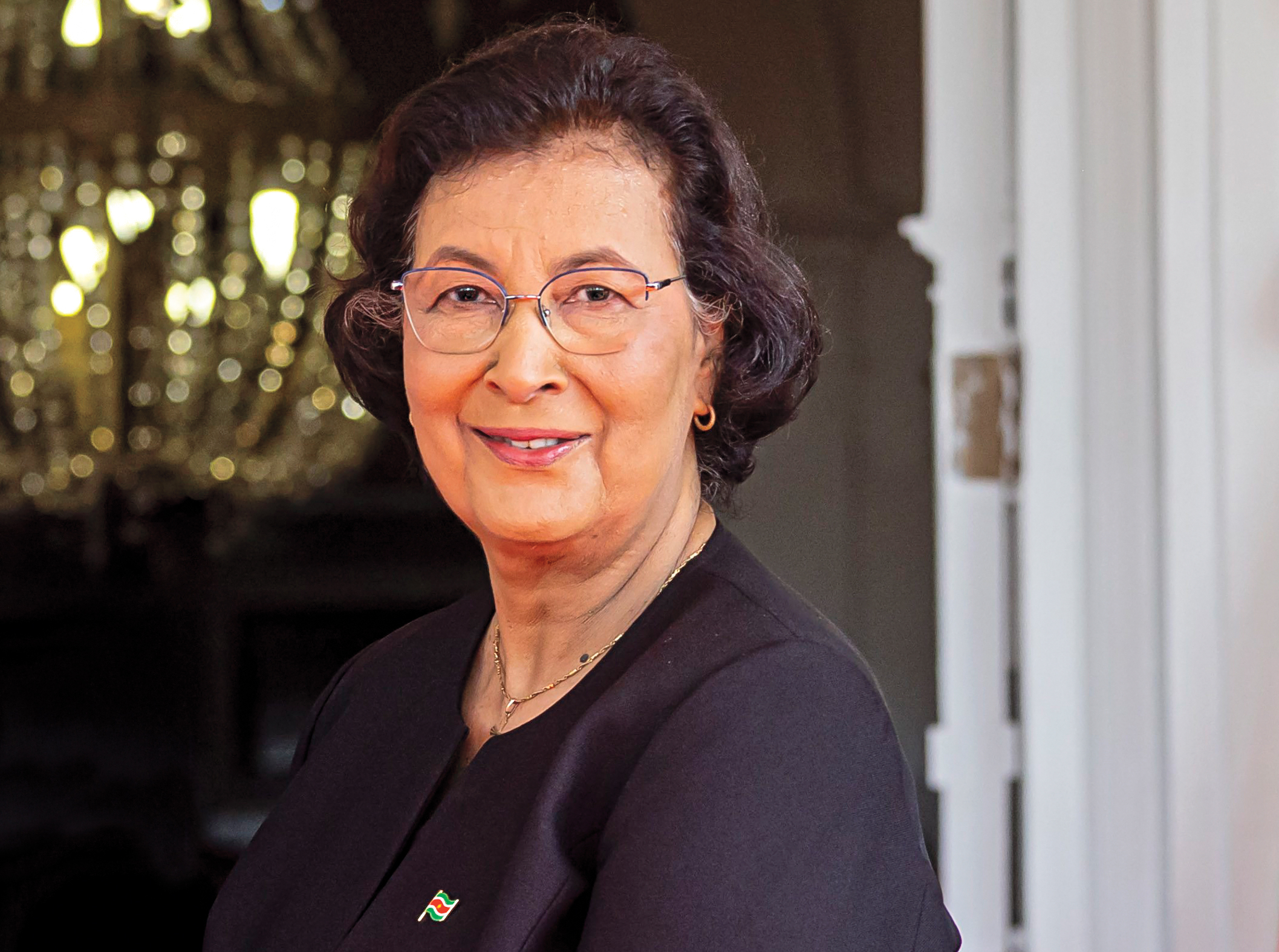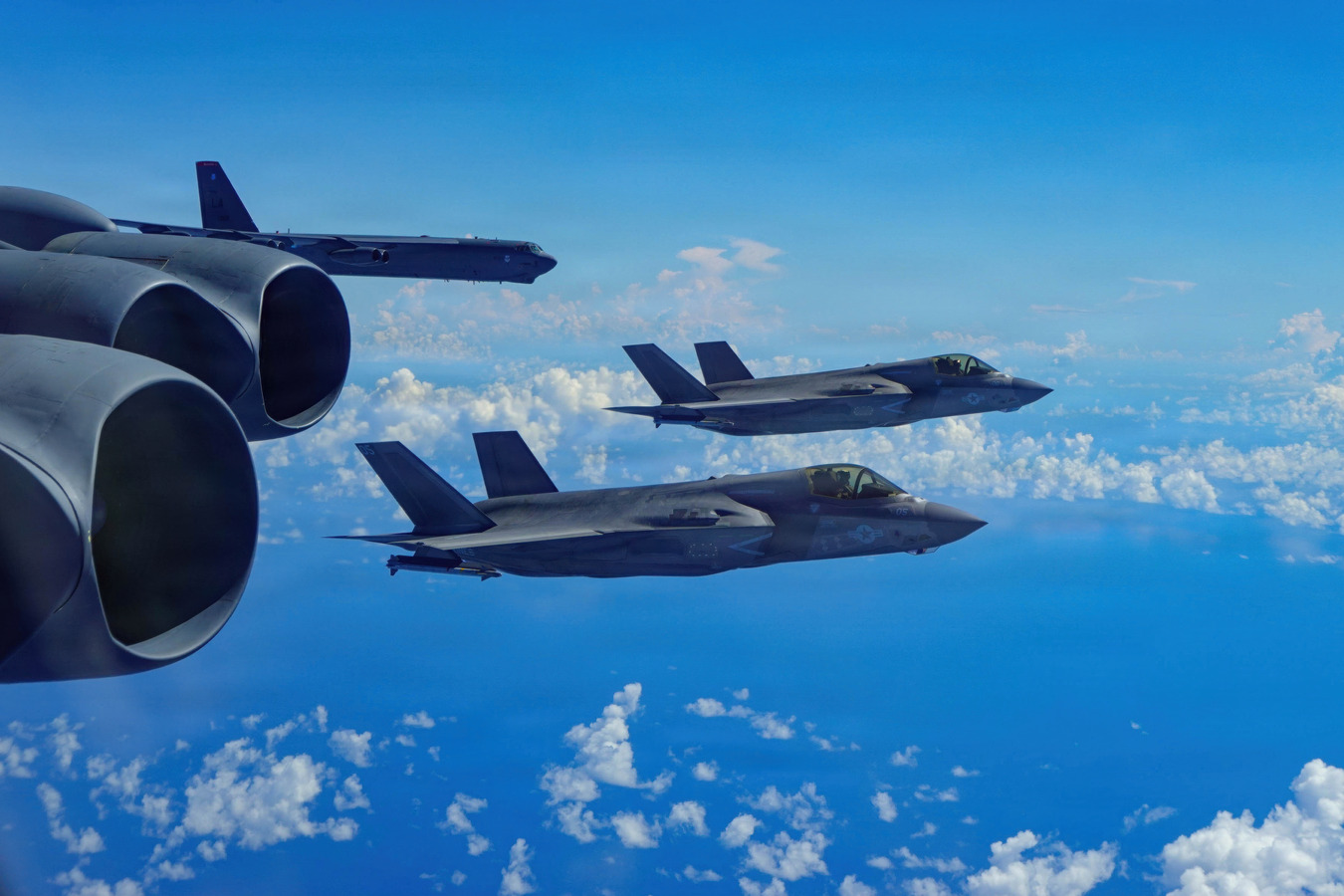LatAm in Focus: Energy and Security Go Hand in Hand in the Caribbean
LatAm in Focus: Energy and Security Go Hand in Hand in the Caribbean
Ambassador Sarah-Ann Lynch outlines Guyana’s geopolitical importance while the Baker Institute’s Francisco Monaldi analyzes the region’s energy trajectory.
Things are heating up in the southern Caribbean. In September, the U.S. military exploded at least three alleged Venezuelan drug boats in the Caribbean Sea, killing more than 15 people. This followed a deployment of warships and 2,200 U.S. marines in August, to which the Venezuelan administration responded with its own military build-up near its coasts.
Caught in the middle of these tensions is a country with a population of 800,000 and one of the world’s fastest growing economies: Guyana. Propelled by the discovery of approximately 11 billion barrels of oil in 2015, Guyana’s economy has consistently posted double-digit GDP growth rates since oil production started in late 2019. But, as the country’s hydrocarbon production and revenues ramp up, so has neighboring Venezuela’s claim on the oil-rich Essequibo region that covers about two-thirds of Guyana’s territory, a border dispute dating back over a century.

“While some nations in the region have definitely been critical of [U.S. military strikes in the Caribbean], citing concerns about sovereignty, Guyana has actually welcomed the United States’ more assertive stance,” says former U.S. Ambassador to Guyana Sarah-Ann Lynch. In a conversation with AS/COA’s Carin Zissis, Lynch, an independent consultant and senior advisor at Dinámica Americas who recently served as a senior foreign policy advisor to U.S. Southern Command, explains Washington’s interest in securing Guyana’s energy future and the Amazonian territory’s growing geopolitical relevance. The former ambassador also analyzes Guyana’s political outlook following a September election that saw President Irfaan Ali win reelection comfortably, but not without facing a surging new movement that now stands as the main opposition force in parliament.
His party remains in power but faces a newcomer in opposition as his government steers a hydrocarbon windfall.
The U.S. secretary of state's visit focused on supporting the region’s oil and gas industry and addressing concerns related to Cuba, Haiti, and Venezuela.
Subscribe to Latin America in Focus, AS/COA's podcast focusing on the latest trends in politics, economics, and culture throughout the Americas.













